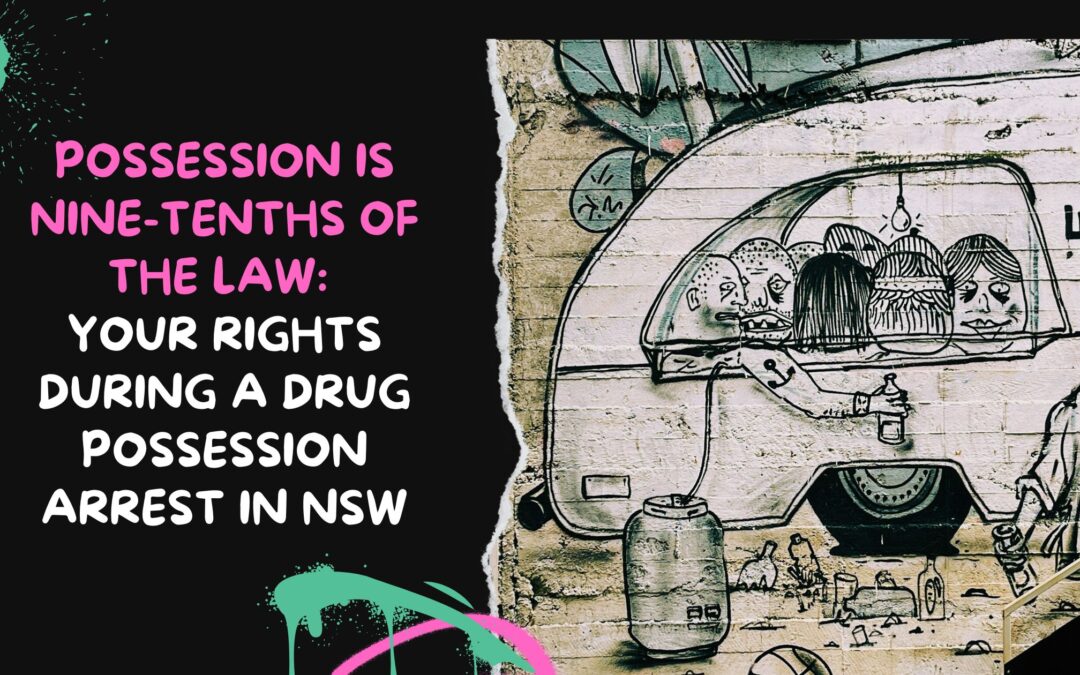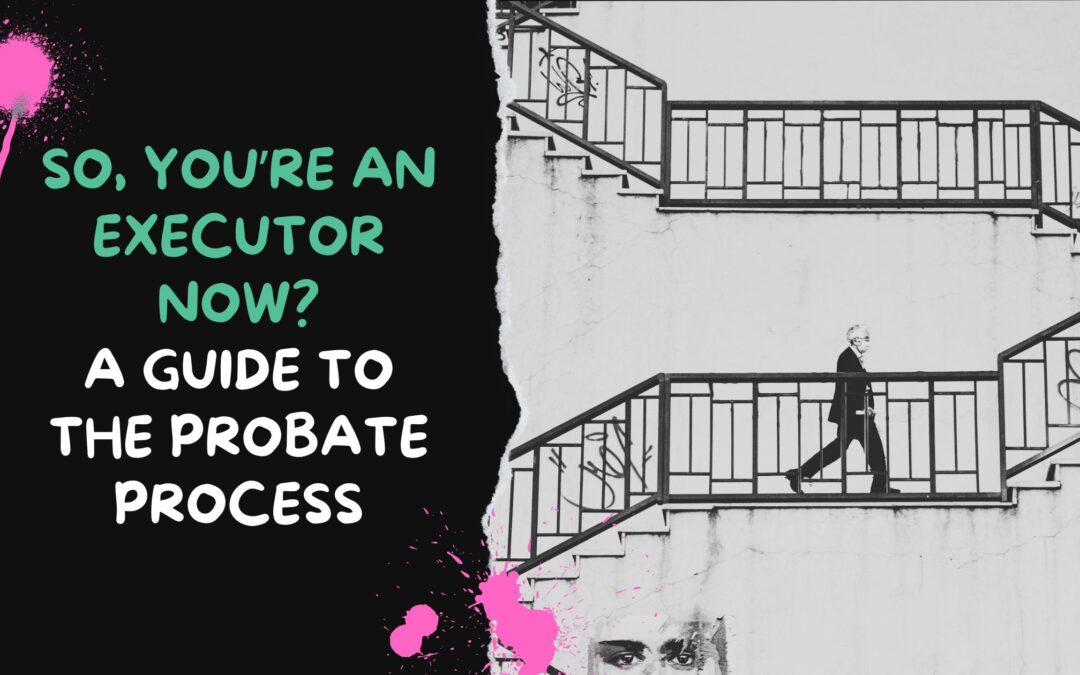Newcastle’s Queens Wharf Hotel has won a battle over noise complaints arising from its live music, with a ruling by Liquor & Gaming dismissing the complaint. A noise limiter was however installed, and regular tests were conducted thereafter to ensure the maximum volume level was not breached.
Despite mitigation efforts, some displeased Newcastle residents lodged issue with New South Wales Liquor and Gaming, arguing that the noise from the venue was both excessive and offensive and a breach of its development application.
The complainants had reportedly been monitoring the level of noise from the hotel, on a mobile phone, from their residence. A total of thirty-four recordings were submitted to the regulator.
It was nonetheless ruled that the audio recordings did not constitute evidence of undue disturbance. The music did not disturb the neighbourhood, nor reach the “threshold of undue”.
In residential areas of New South Wales, there are noise restrictions that relate to the type, timing, duration and frequency of noise. Excessive noise is a common problem that results in resource-intensive compliance action.
Legislation
Noise is defined under the Protection of the Environment Operations Act 1997 (NSW) (‘The Act’).
The Act defines offensive noise as noise that is harmful to persons outside the property it is coming from or that interferes unreasonably with the comfort or rest of a person outside of the place it is coming from. This may be because of the level of the noise, its nature or quality, or the time it is made.
The Environmental Protection Agency (EPA) is responsible for renewing and updating the Act. It shares responsibility for enforcement of noise restrictions with local government, NSW Police and NSW Roads and Maritime Services. An offence is committed when noise continues after a warning has been issued by a council, police or EPA officer.
Residential Premises
The Protection of the Environment Operations (Noise Control) Regulation 2017 specifies when noise from domestic activities should not be heard by neighbours.
The Regulation stipulates the following:
- Power tools and equipment: not before 7am and after 8pm; not before 8am and after 8pm Sundays and public holidays;
- Musical instruments and amplified sound equipment: not before 7am and after 8pm; not before 8am and after midnight on any Friday, Saturday or the day immediately before a public holiday;
- Air conditioners and heat pump water heaters: not before 7am and after 10pm; not before 8am and after 10pm on weekends and public holidays;
- Motor vehicles: not before 7am and after 8pm; not before 8am and after 8pm on weekends and public holidays;
- Refrigeration units fitted to motor vehicles: not before 7am and after 8pm; not before 8am and after 8pm on weekends and public holidays.
Enforcement
There are a few enforcement options available to authorities when noise restrictions are not complied with, such as a prevention notice and a noise abatement order or direction.
Noise Control Orders can be made to prohibit a person from carrying out a specific activity on premises or from using a specific article on the premises in a way that causes noise in excess of a certain level.
A person who is given a noise control order under section 264 of the Act may be required to pay any reasonable costs incurred by the authority in the course of monitoring compliance with the notice.
It is an offence, punishable by a fine of up to $30,000 for an individual or $60,000 for a corporation, to contravene a noise control order.
A Noise Abatement Order is an order of Court requiring the person responsible for excessive noise to stop making the noise for as long as the order remains in force.
To apply for a Noise Abatement Order, you must fill in a form, file it with your Local Court and serve a copy on your neighbour. If the Court is satisfied on the balance of probabilities that the alleged offensive noise exists or is likely to recur, it can make an order:
1. That the respondent abate the offensive noise;
2. That the respondent prevents the offensive noise from recurring.
It is an offence, punishable by a fine of up to 30 penalty units, to contravene a noise abatement order.
If you require legal advice or representation in relation to any civil law neighbourhood dispute or in any other legal matter, please contact Green & Associates Solicitors on (02) 8080 7585.




